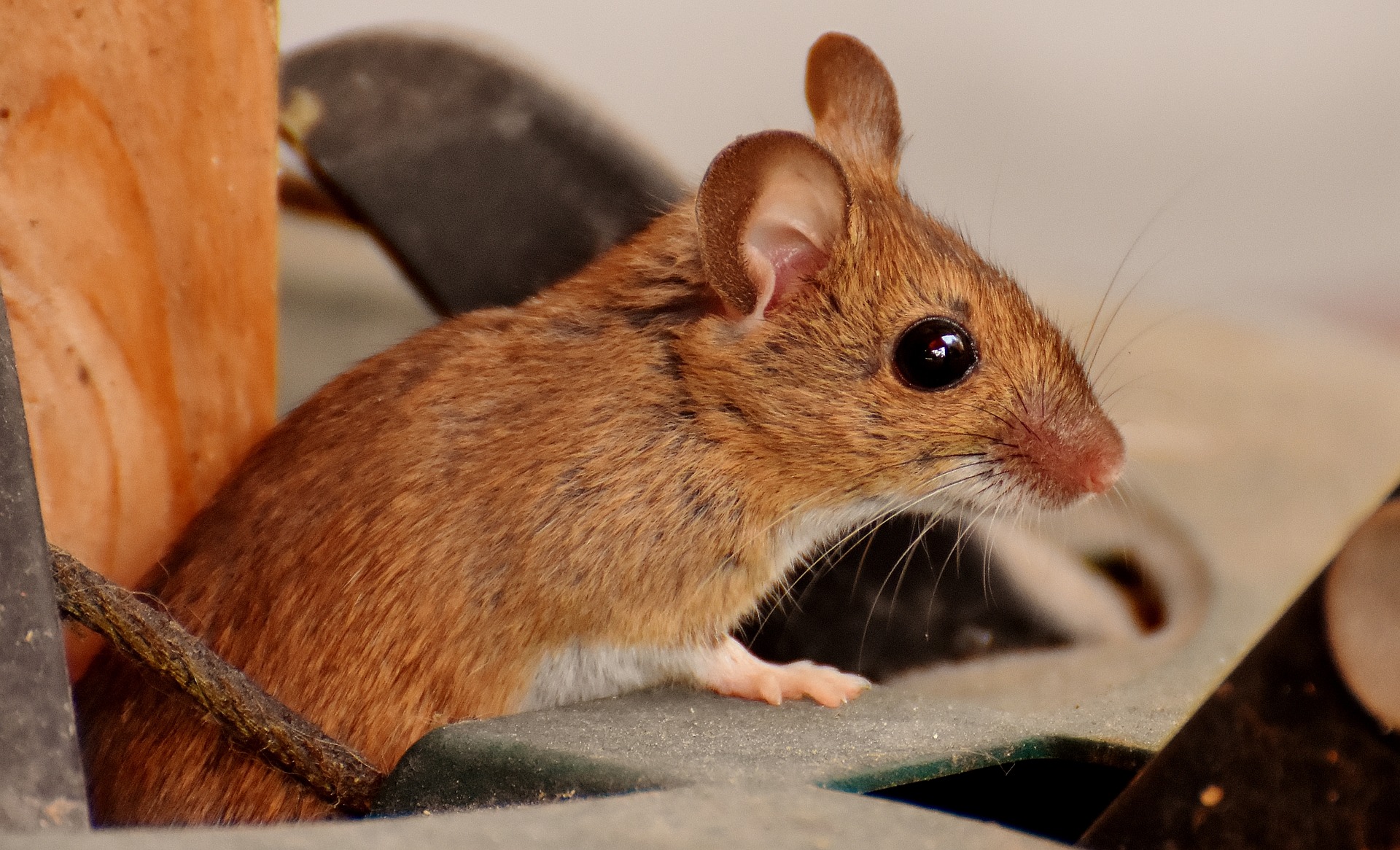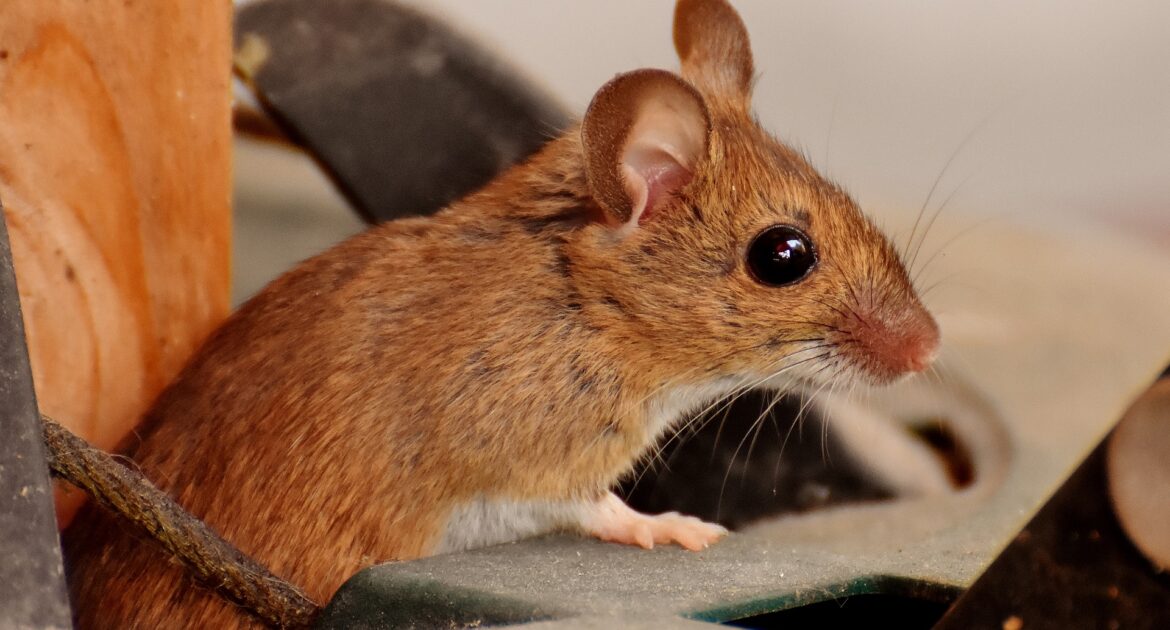If you notice unpleasant smells, find little dried-out dark bits in drawers and closets, or hear squeaking and scraping noises in the walls at night, you likely have a rodent infestation. You are probably wondering how to catch a mouse in Madison. The answer is not a better mousetrap, however; by this point, your best course of action is to contact a professional rodent control service. It is recommended to seek help as soon as you notice the signs because rodents in general (and mice in particular) are not only prolific breeders but can be a health hazard around the home.
A Plethora of Pathogens
Mice, rats, and other rodents are known as vectors (carriers) for at least a dozen serious and even fatal diseases. Sometimes, it is not the animals themselves that transmit illness but rather the fleas and other parasites that live in their fur (as was the case for the Bubonic Plague of 1347). That said, rodents can spread many different types of bacterial and even viral infections.
Some of the more common rodent-borne illnesses encountered in Wisconsin include:
- Hantavirus pulmonary syndrome
- Leptospirosis
- Rat-bite fever
- Salmonellosis
- Tularemia
Most of these diseases can be fatal if a person does not receive immediate treatment, especially if they are elderly or have a compromised immune system.
How Rodents Spread Illness
Rodent borne disease spreads in several ways:
- Saliva
- Contamination of food or water
- Urine and feces
- Physical contact
Transmission via saliva is relatively rare since it involves being bitten and mice typically avoid contact with humans when possible. Young children are most likely to be victims in such cases.
Urine and feces are the most common vectors for disease. Rodents can directly contaminate drinking water and stored food, as mice can chew their way into plastic and even metal food storage containers. More often, however, mouse droppings dry out and crumble into dust. These dried waste materials then enter the air in the house, where people breathe them in.
The disease can also spread through physical contact with a dead mouse. This is why it’s wise to leave mouse removal to trained professionals.
Rodent Hangouts
Mice tend to lurk inside of walls or other dark corners. People are often unpleasantly surprised to open a little-used linen drawer or storage container to discover the disgusting indications that a family of mice has been residing there.
Speaking of mouse families, these creatures are breeders of Olympic proportions. A house mouse can reach sexual maturity as early as six weeks. A doe (female) can birth a new litter of six to 10 pups every three weeks throughout an 18-month lifespan. This is why the time to get rid of mice is as soon as you notice the problem.
How To Get Rid of Mice
The best cure for a rodent infestation is prevention. These sneaky creatures can enter the house through almost any small crack in a wall and are even known to swim through sewer pipes and emerge from the toilet.
One sure-fire way to reduce or prevent a mouse infestation is to make certain all stored food is inaccessible. These critters won’t hang around long if there’s nothing for them to eat.
Keeping a cat or two, or using mousetraps or rodenticides may help you in getting rid of a few mice, but a severe infestation requires professional intervention.
When Skedaddle professionals come to your home, they start with a full home inspection to locate any points of entry. Once these are identified, one-way doors are installed over them, so once mice leave, they cannot get back in. The next step is to clean all areas thoroughly, remove any stored food, and apply a commercial-grade disinfectant to all surfaces. When you need the job done right, contact Skedaddle wildlife control services.




